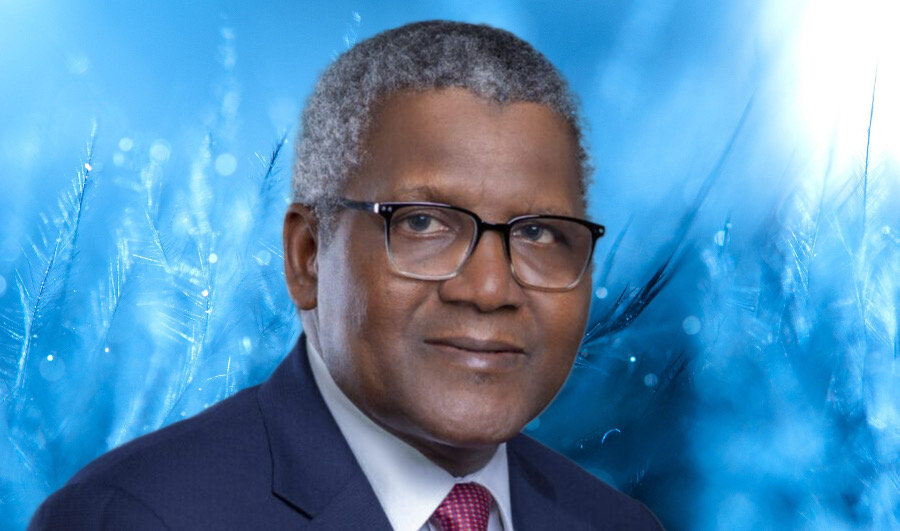KEY POINTS
- Aliko Dangote rejected calls to buy NNPC’s dormant refineries, preferring to expand his $20 billion Lagos refinery to 1.4 million barrels per day.
- He urged other private investors, including DAPPMAN members, to acquire or build refineries to support Nigeria’s energy independence.
- NNPC says it is reviewing the commercial and technical viability of its refineries, with plans to bring in technical partners for sustainable operations.
Aliko Dangote has ruled out acquiring any of Nigeria’s ailing state-owned refineries, saying he would rather expand his privately-owned Dangote Refinery than be accused of monopolising the nation’s oil sector.
Speaking in Lagos while unveiling plans to double his refinery’s capacity from 650,000 to 1.4 million barrels per day, the billionaire industrialist said his focus was on scaling up an existing facility that has already proven viable. The $20 billion plant, located in Lekki, is one of the largest industrial projects ever built in Africa and is set to become the world’s biggest single-train refinery within three years.
Dangote’s comments came in response to questions over why he had not considered purchasing any of the moribund refineries under the Nigerian National Petroleum Company Limited (NNPC). With him at the briefing was fellow billionaire Femi Otedola, a long-time ally in Nigeria’s energy and infrastructure landscape.
“Buying those refineries? Once we touch them, you’ll hear a lot of noise,” Dangote said. “There are other people with a lot of money, maybe even more cash than we have, who should try their own luck. We already have our infrastructure and plans to expand; it’s better others go and invest so there’s no talk about monopoly.”
He added that organisations like the Depot and Petroleum Products Marketers Association of Nigeria (DAPPMAN) and other private investors should take advantage of opportunities to either acquire the NNPC refineries or build their own. “It’s far better for other people to buy and support the president’s policy,” he noted.
A tale of failed refineries and rising private ambition
Dangote revealed that President Bola Tinubu had promised to support local refining efforts by ensuring stable crude supply to domestic processors. “The President is supporting this sector to refine all our crude into petroleum products. We already have our own infrastructure, and since the conditions are right, we’ll double our capacity,” he said.
He added that up to thirty investors were exploring potential partnerships with NNPC to revive dormant refineries, an effort he believes is essential for Nigeria’s drive to achieve a $1 trillion economy. “It does not come easily. We are doing our part, and others should do theirs too,” he said.
Dangote also recalled that he once attempted to acquire the same government refineries under former President Olusegun Obasanjo in 2007, only for the deal to be reversed months later by the late President Umaru Yar’Adua. “We bought the refineries in January 2007, but we had to return them because of a change in government. They said it was sold below value. Since then, about $18 billion has been spent, and they are still not working,” he lamented.
He doubted that the government-owned refineries would ever return to productivity, noting their long history of failed rehabilitation efforts.
NNPC vows renewed commitment to refinery reform
However, the NNPC’s Group Chief Executive, Bayo Ojulari, has insisted that the Port Harcourt, Warri, and Kaduna refineries will be revived. Speaking earlier this week, Ojulari said the company is currently assessing the operational and commercial viability of its refineries to determine whether to overhaul or repurpose them.
According to him, NNPC is now in the “Technical and Commercial Review” phase, part of a broader plan to reposition the refineries as profitable and sustainable assets that meet Nigeria’s fuel demand while aligning with global operational standards.
The company intends to bring in Technical Equity Partners with a proven track record of managing world-class refineries to drive the process. “This review marks the beginning of a new era in Nigeria’s refining sector,” Ojulari said.
Despite these assurances, Nigeria’s state-owned refineries remain a source of national frustration. Billions of dollars have been spent on their rehabilitation with little to show for it. The Port Harcourt refinery alone received $1.4 billion for repairs in 2021, while $897 million and $586 million were earmarked for Warri and Kaduna respectively. Yet, none of them currently operate at commercial scale.
For Dangote, the answer lies not in resuscitating moribund state assets but in enabling private capital to lead Nigeria’s refining revolution. “We can’t build a $1 trillion economy on government inefficiency,” he said bluntly. “Everyone who can should contribute, not just complain.”



